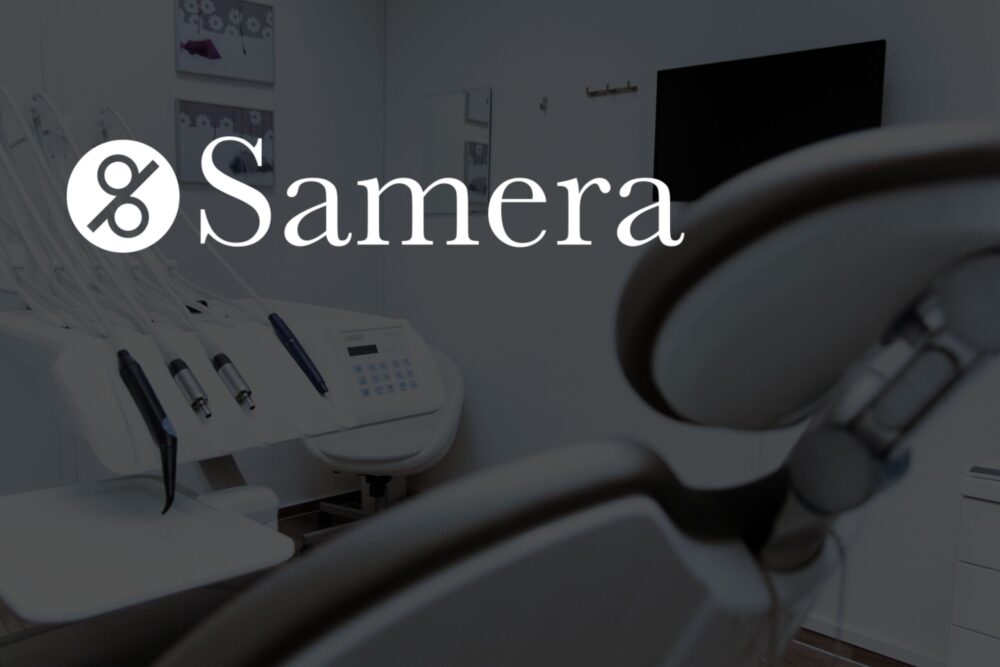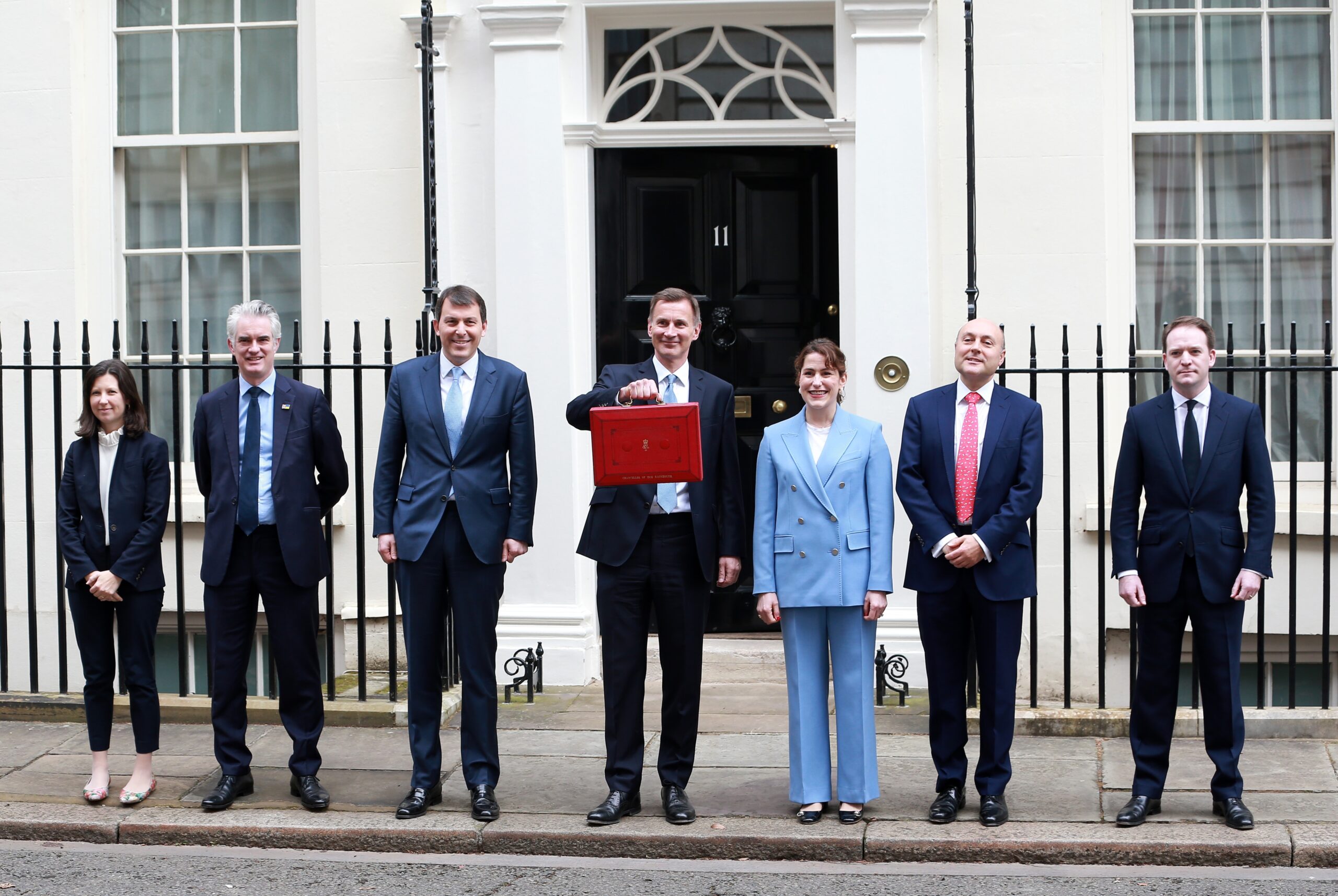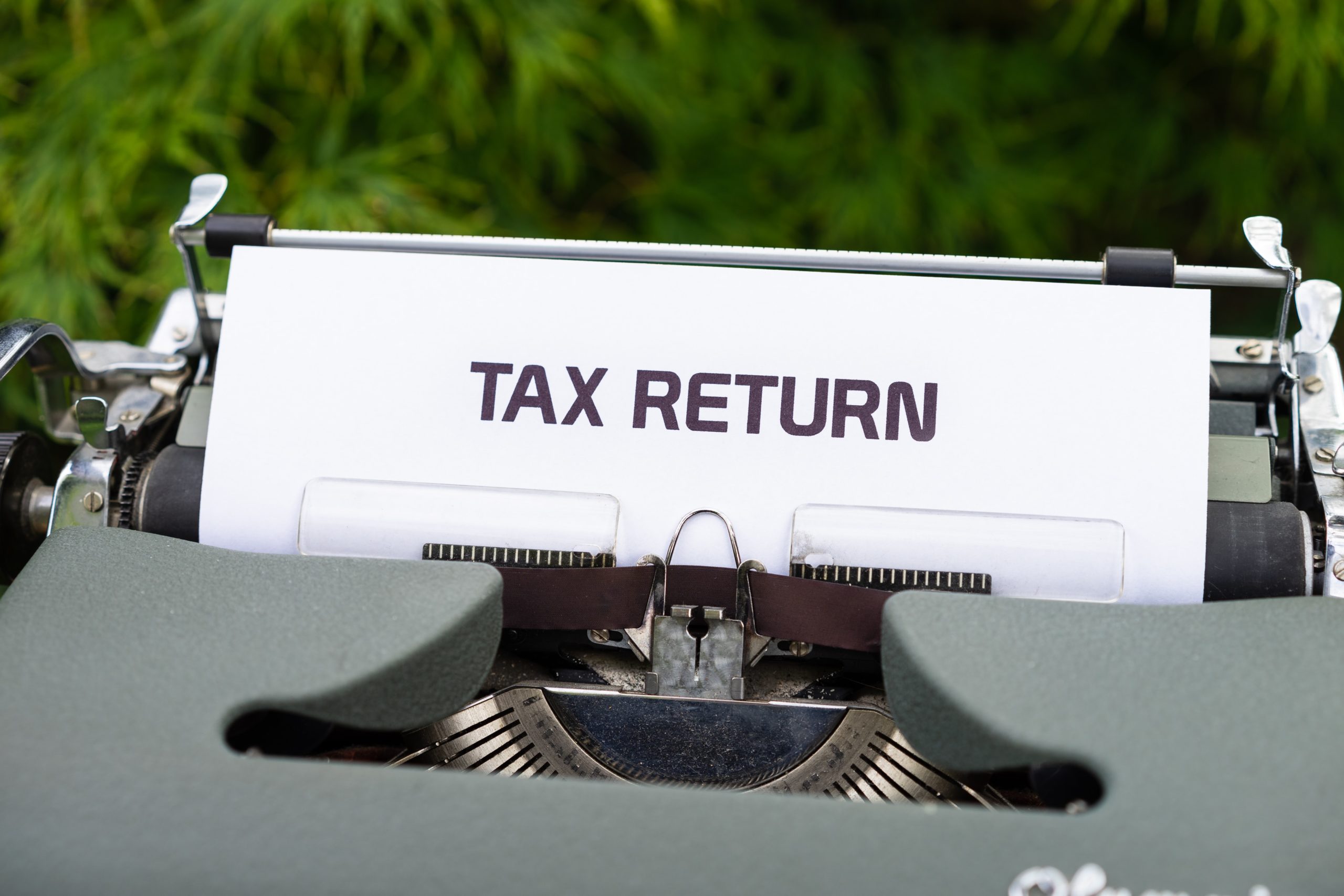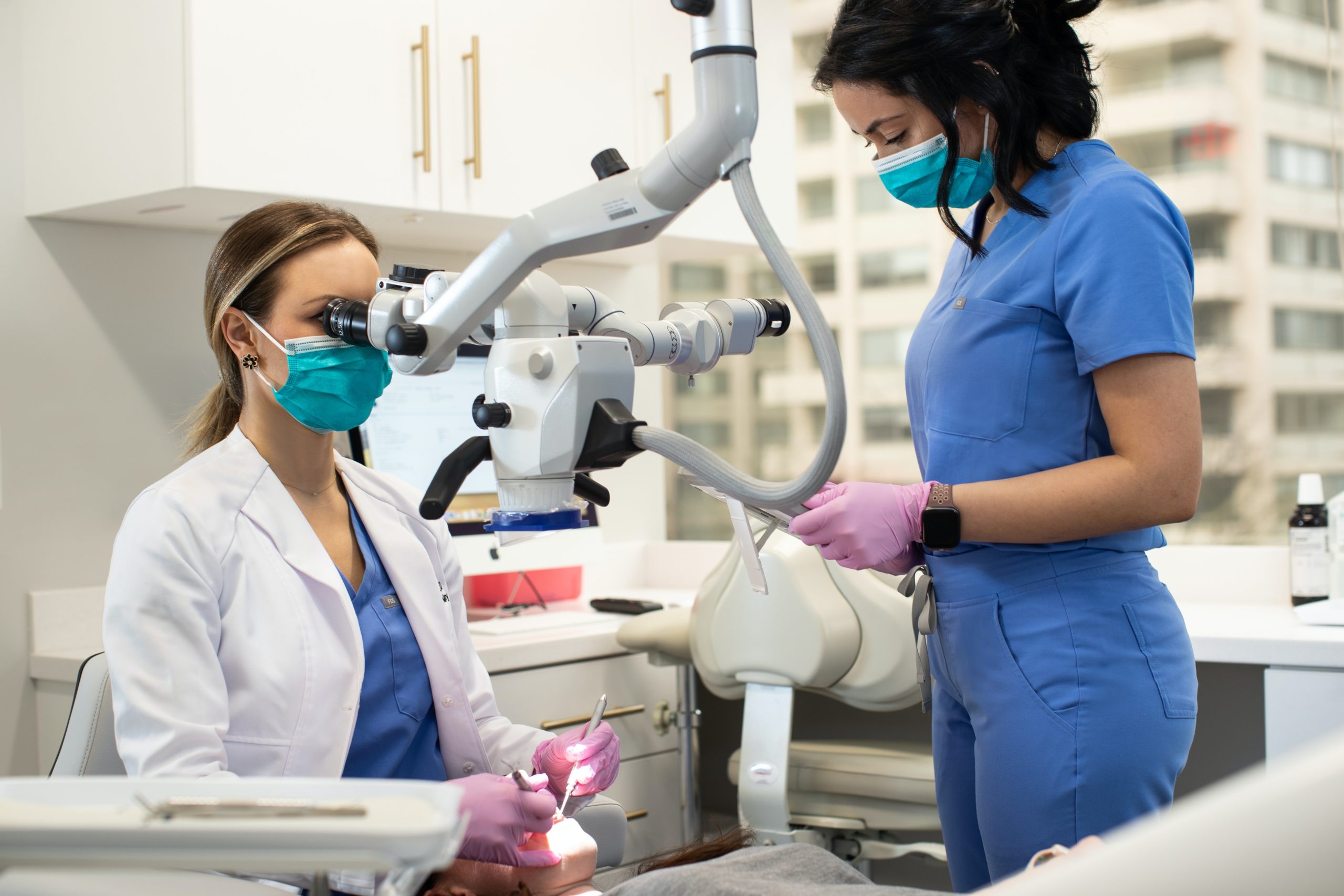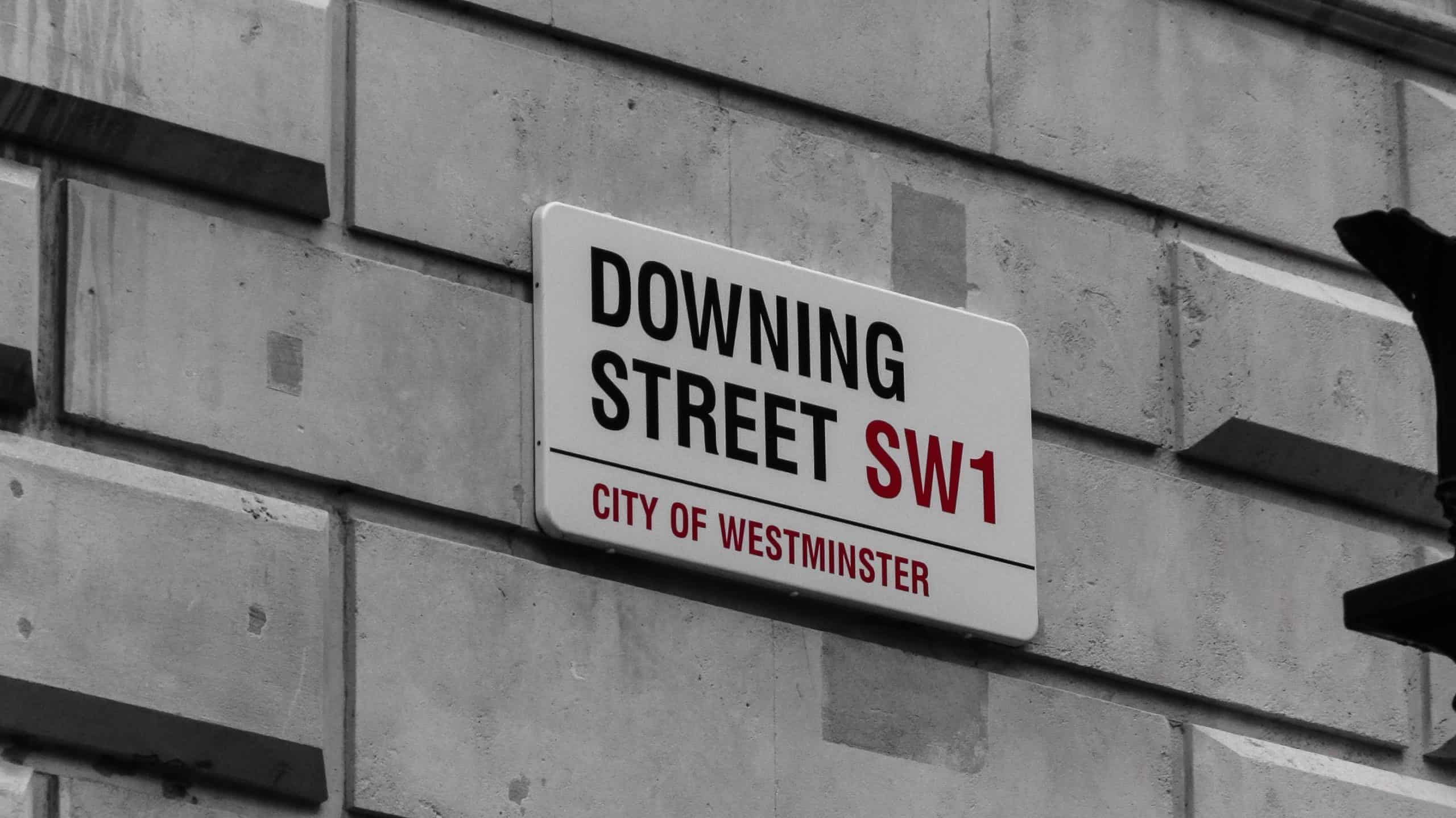From Zero to Hero
Dentistry In 2020: The Year Of Collaboration
On the 17th March, 2020, my wife Smita closed her private dental practices, like many, due to COVID 19. Just before she left her Wandsworth practice, the telephone rang, and it was somebody wanting to buy her successful private dental practices.
Metaphorically, the paint had not even dried, yet someone had the gall to say “I know dental practices are struggling right now, would you like to sell yours?” – Unbelievable.
Smita being Smita, was shrewd enough to find out who the buyers were and understand their cunning plan, and once she had gathered enough information, she let rip.
It’s safe to say they won’t be calling soon again.
Since then, I have heard from other clients experiencing similar stories too.
Why?
Well there are well financed investors, sitting on cash, ready to invest into dentistry, during COVID 19. They are seeking fearful scared dentists wanting to make a rushed exit during these troubled times.
Some of you may be tempted, but before you do, hold fire.
If your practice was struggling, or you were planning to retire soon pre COVID 19, fair enough, it may be an opportunity to exit, but if your practice was growing and flourishing it’s pretty likely you will be taken to the cleaners.
Post COVID 19
The very recent survey carried out by the BDA highlights the concerns of dentists of the financial viability of their dental practices post COVID 19. Many feel they may not be financially viable by the time the lockdown has ended.
In contrast, in the last few years, investors have been piling into the Dental market (globally) and its pretty likely this will continue, even in a new era of dentistry.
No doubt, infection control procedures will change, and funding will be required to make the necessary changes, but once the lockdown ends, I expect it’s going to be busy in dental practice. People still need dentists, not cruise holidays, so whilst the type of dentistry you may be doing will differ, there will be a need and expect demand to be strong.
So why would you sell a successful business, just because of a 3-6 month sabbatical? You wouldn’t unless you were getting top dollar.
I would urge you to resist the temptation to sell at a discounted price, just to get out of dentistry. The vultures are out to try and obtain a deal, but it’s important you hold your ground, and come back strong once you re-open, as you will re-open.
Working Together
As someone who has been entrenched in dentistry for almost 20 years, as an advisor, but also co-owner of clinics, the goal for me has been to help dentists improve their businesses through offering a better patient experience.
Whilst selling your successful practice maybe a short-term fix, I propose an alternative arrangement whereby independent dentists work in collaboration to overcome the challenges they face.
You don’t need to sell the practice you have worked at for many years, just because this temporary though significant break in business has occurred.
You can maintain your autonomy, brand, team culture while collaborating with others and outsource the parts of your dental practice that would benefit from scaling.
For example, a dental collaborative could be formed whereby all the owners retain ownership of their practice and they outsource certain services for a fee including:
- Supplies at reduced rates due to economies of scale
- Accountancy and payroll services at reduced rates due to economies of scale
- Marketing support (including websites) at reduced rates due to economies of scale
- Continuing education
Then in the future, when it does come to selling your practice, if all of the owners have opted in to a collaborative sale , the exit multiple they achieve on sale would be considerably higher than if they sold now, or alone in the future.
Such an approach ensures dentists retain control of their own businesses, develop them the way you want to, and ensure the team culture is protected and the level of patient care you have created is maintained – all very valuable. We want you to retain your autonomy and stay in the driving seat. Right now, it might seem like an easy option to just sell and drive off into the sunset . But at what price ?
Collaboration
Today’s changing Dental landscape requires independent practice owners to evolve. By working together, not in competition, in such a scenario outlined, allows such practices to offer the services they desire, whilst creating real value in their business.
Now is NOT the time to exit, now is the time to come together.
The Numbers ALWAYS Tell The Story – Safety In Numbers
An alternative way to look at this is through the numbers. In the current market, an opportunistic buyer may offer a low-ball price, say 3x EBITDA (cash profit), whilst prior to the crisis this may have been nearer 5-6x.
Translated into hard numbers, for example. A dental practice with an EBITDA of £200,000 may now be achieving a price of say £600,000 (3x EBITDA), but if they can ride out this period of uncertainty and rebuild, the value can go higher maybe up to nearer £1.2m (6x EBITDA).
However, by collaborating in such an arrangement I have detailed above, prior to COVID 19 a group of dental practices would routinely sell for multiples in excess of 10X EBITDA (£2m for a £200,000 EBITDA practice), so the question has to be, do you sell yourself short now, or ride out the wave and build your business to achieve a much higher multiple in the future? Groups of practices will always attract a much higher multiple!
The larger the collaboration (the number of practices), the higher the value.
Further Information
If you are interested in how you can actually thrive and not just survive POST COVID 19 in a new way of operating, please get in touch with us as we are in a unique position to help bring independent practice owners together.
Together, you have options, access to capital and the opportunity to build a better patient experience whilst creating real value for you, your team and your families.
If the above is of interest to you, please email me on [email protected] or complete the form below.
Team Samera are here to help you
We are 100% here to support you in these trying times, if you need help get in touch.
